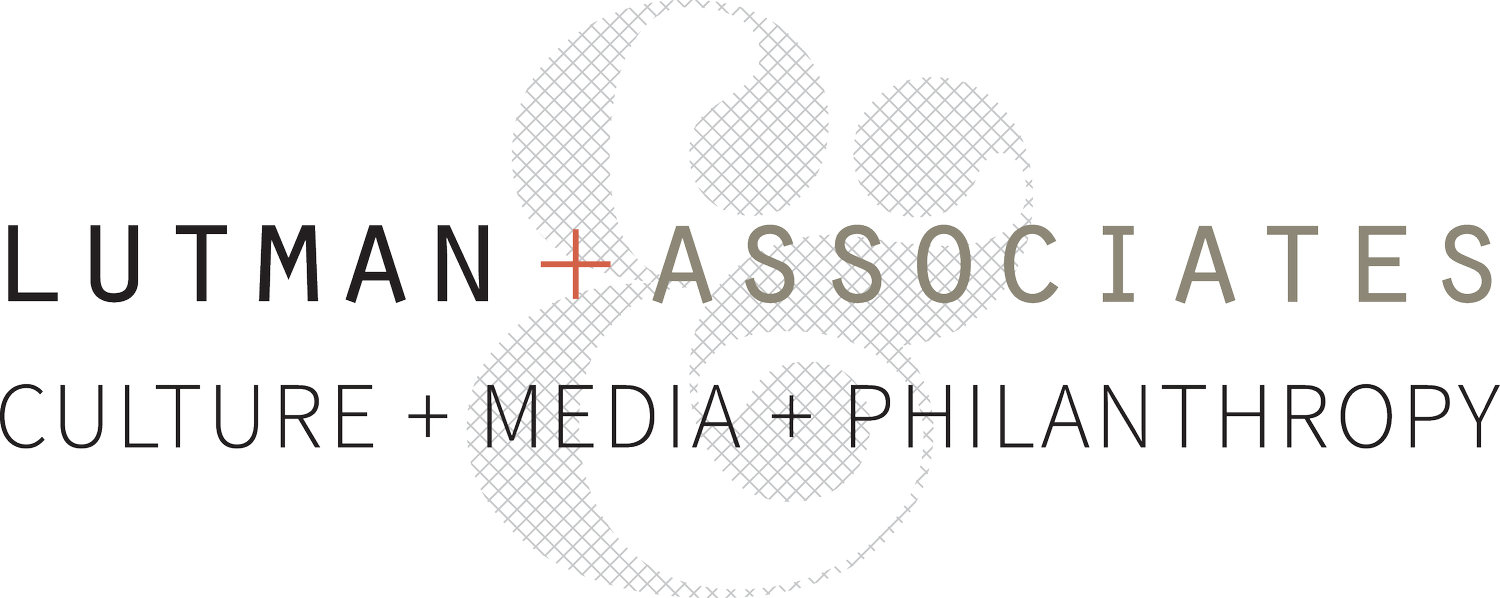Media grantmakers gathered in Silicon Valley to talk civic tech. Here's a recap.
Originally published in Twin Cities Business Magazine, August 2015.
It’s not often you can go to a national conference about any aspect of the nonprofit sector and find there are no Minnesotans present. Our state’s nonprofit sector is so large and engaged that someone from here is usually present at any national philanthropic gathering, and frequently there’s a large Minnesota contingent. So it was a surprise in June when I attended the Media Impact Forum, a gathering of grantmakers funding in the media sector, and I found no other Minnesotans on the attendee list. It’s too bad, because the ideas percolating at this meeting were exciting, relevant and entirely applicable to Minnesota’s civic, nonprofit and business sectors alike.
Media funding today has moved far beyond grants to documentary filmmakers or public broadcasting entities. It now spans topics such as gaming, apps, digital literacy, access to technology and tech-related public policy. As examples, here are three topics media funders were thinking about when they gathered in Silicon Valley.
Diversity in the technology workplace. Compelling presentations by Van Jones, founder of the Yes We Code initiative, and Emily White, board member of the National Center for Women in Information Technology, offered complementary perspectives on the need to diversify the tech sector workforce.
The Yes We Code initiative targets low-opportunity youth and connects them with local training resources that can help them become world-class programmers. Yes We Code estimates that U.S. businesses will face a shortage of 1 million tech workers within eight years. Yes We Code is building a training network to reach and teach 100,000 youth of color to fill these jobs. Minnesota resources named on Yes We Code’s website include the Digital Empowerment Academy in North Minneapolis, the local chapter of Girl Develop It and Code Savvy, which offers programs in multiple metro locations. These are young Minnesota nonprofits that would benefit from new connections and funding. Look them up and see how you can help.
The National Center for Women in Information Technology provides research, pilot programs and advocacy for increasing the number of women in tech professions. White presented research showing that 88 percent of software inventions were created by male-only teams, 2 percent were created by women-only teams and only 10 percent had mixed-gender teams. African-American women make up only 3 percent of the tech workforce, while 1 percent are Hispanic women and 5 percent are Asian-American women. NCWIT offers resources for employers on recruitment, placement and promotion policies designed to increase gender diversity. Information on recruitment and job descriptions seems widely applicable to our region’s businesses and nonprofits.
Ethics and data privacy. Several speakers proposed ways that journalism and media organizations, whether for-profit or nonprofit, can and should promote stronger protections for consumers by strengthening both ethical codes and data privacy.
Lucy Bernholz, a Stanford-based researcher focused on philanthropy and technology, drew connections among freedom of thought, freedom of speech, freedom to assemble and democratic society as a whole. She called on programmers and policymakers to “encode our values into our systems” and to advocate for citizens to be able to convene in “private space” online.
Why? Within current software systems, everything users view and click on is tracked, whether we are aware of it or not. Bernholz implored grantmakers to advance public policies that require wide adoption of opt-in consent. Arguing that citizens should own their own data, she also advocated for “don’t collect what you can’t protect” policies. She urged grantmakers and the nonprofit sector as a whole to be open and transparent in their own digital dealings with the public—including publishing their data policies—to model the behavior that should be encouraged in the tech industry. What is keeping local foundations and nonprofits from adopting this idea?
Craig Newmark of Craigslist and craigconnects spoke about his nonprofit project aimed at encouraging journalists to take “radical action to ensure trust.” Speaking as a journalism consumer, not a producer, he proposed changes in search engine functionality so that results are delivered according to trustworthiness. Newmark is himself involved as an advisor or board member for numerous nonprofit journalism organizations, and on his craigconnects website he offers a template for journalism ethics in the digital age.
New kinds of nonprofit media organizations “beyond broadcast.” Grantmakers explored ways that existing and new nonprofits are taking creative advantage of digital technology. Examples included the expansion of reach and impact within cultural organizations that increasingly are becoming media producers (this was my own session, conducted in conjunction with San Francisco’s Exploratorium); organizations offering apps and resource hubs for voter education (such as MapLight, a website that aggregates information about money in politics in the U.S., and its project, Voters’ Edge, that personalizes voter information by zip code); and new kinds of public service tech organizations such as Code for America (recruiting technologists to build open-source platforms that improve government services) and Brigade (a new social media platform on which users are encouraged to articulate their stands on political issues to debate public policy).
The Media Impact Forum actively demonstrated the ways the nonprofit sector is changing as technology evolves and makes new kinds of program delivery possible. The forum offered a dizzying set of innovative nonprofits, ideas and projects that together pointed to exciting new applications of technology for the public good. The full program schedule is available at MediaImpactFunders.org, along with video and other presentation information. Check it out to see what forward-thinking grantmakers and nonprofits are doing to advance civil society in the digital age.
